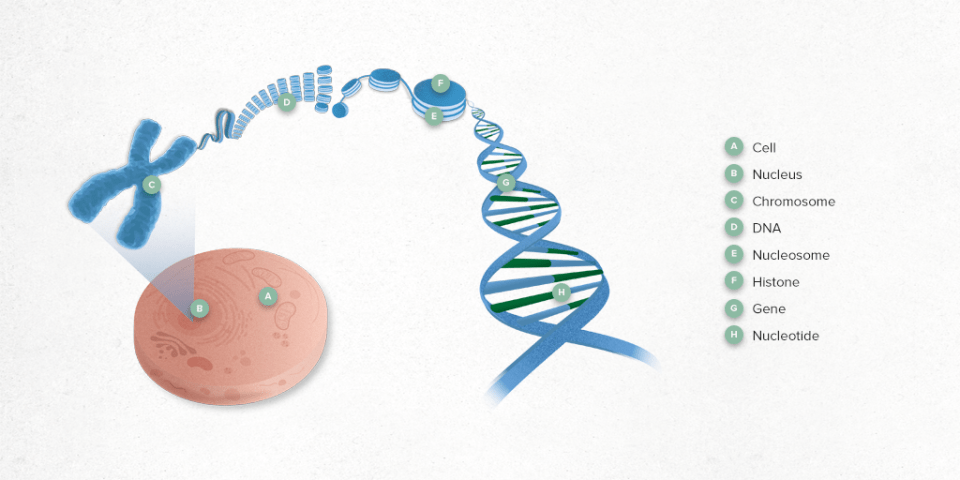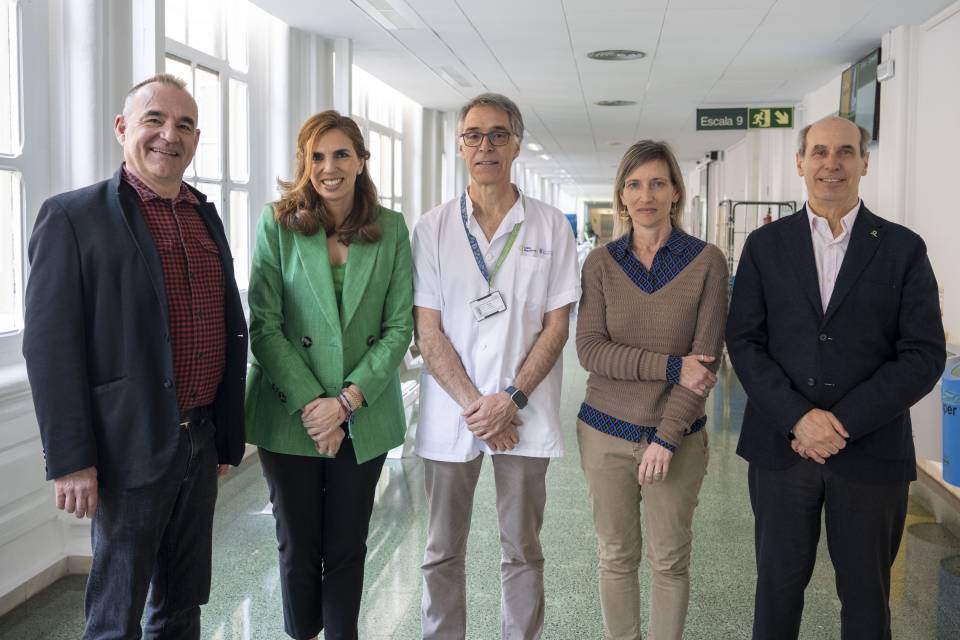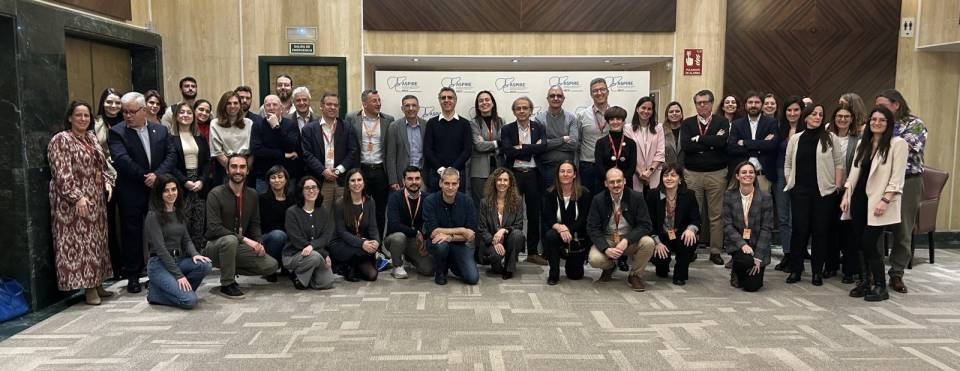Substantiated information by:
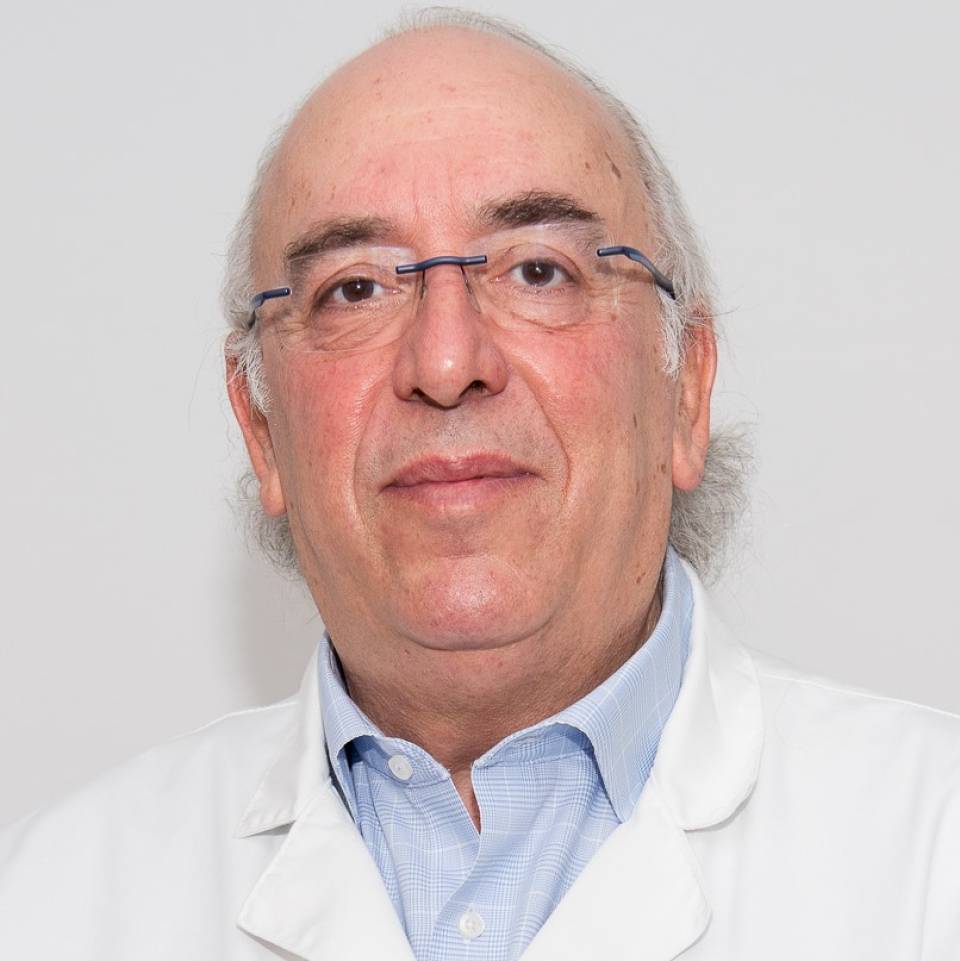
Albert Tuca Rodríguez
Oncologist
Paliative Care Support Unit
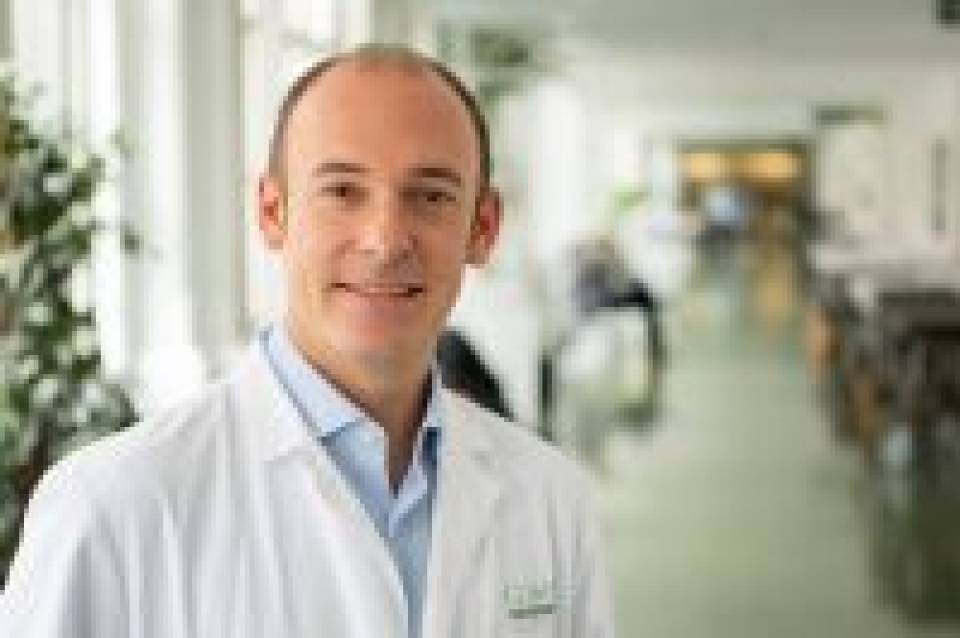
Aleix Prat Aparicio
Oncologist
Oncology Department
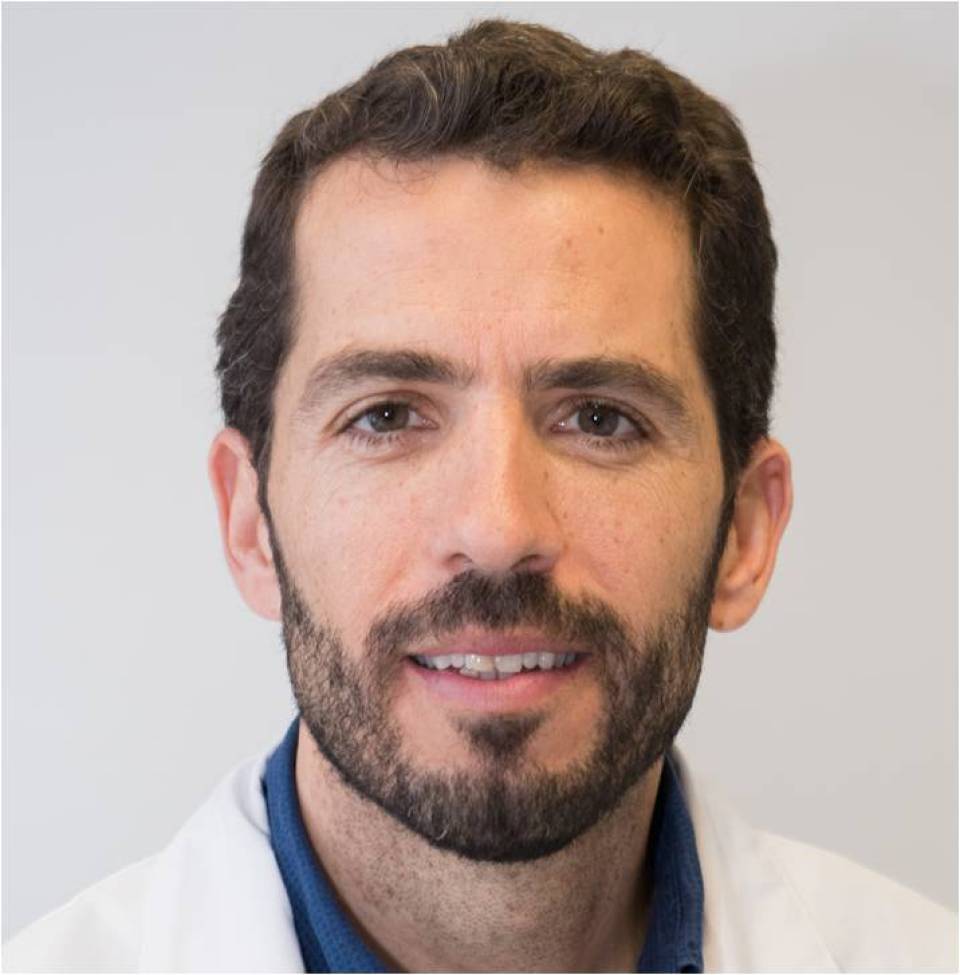
Francesc Balaguer Prunes
Gastroenterologist
Gastroenterology Department

Meritxell Mollà Armandà
Radiation Oncologist
Radiation Oncology Department
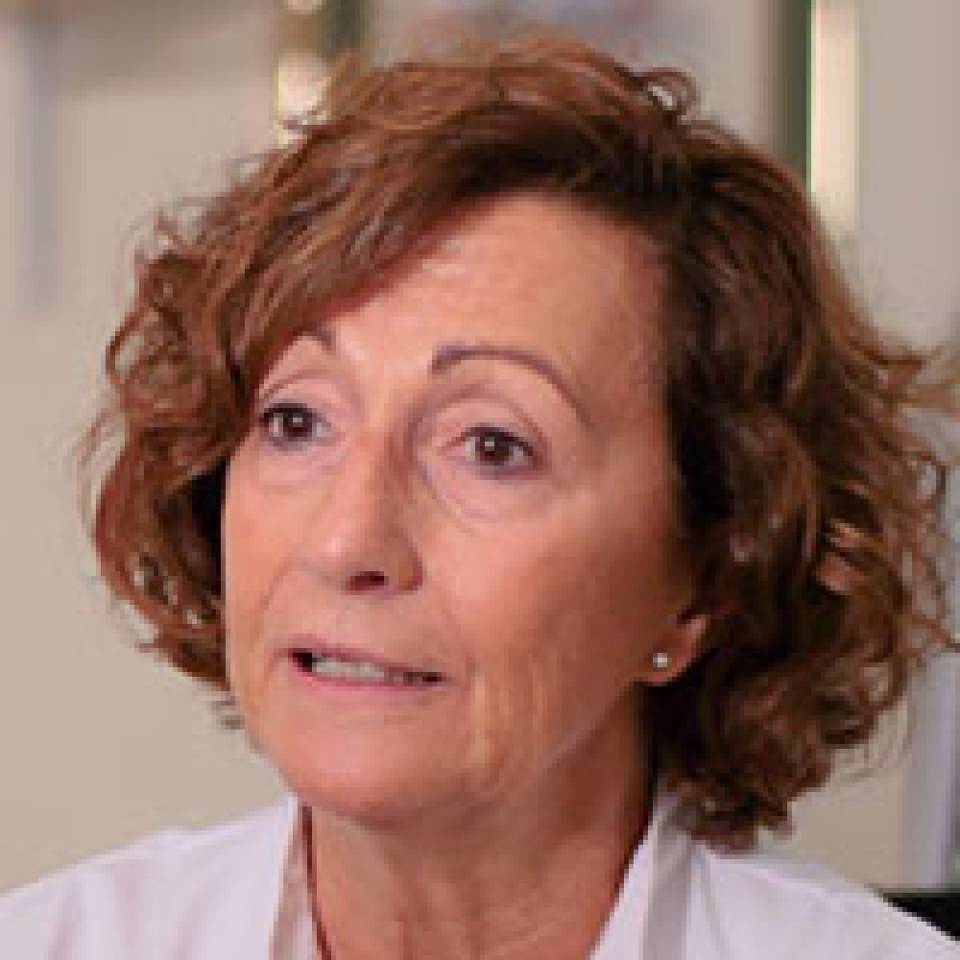
Montserrat Valverde Bosch
Nurse
Hematology Department
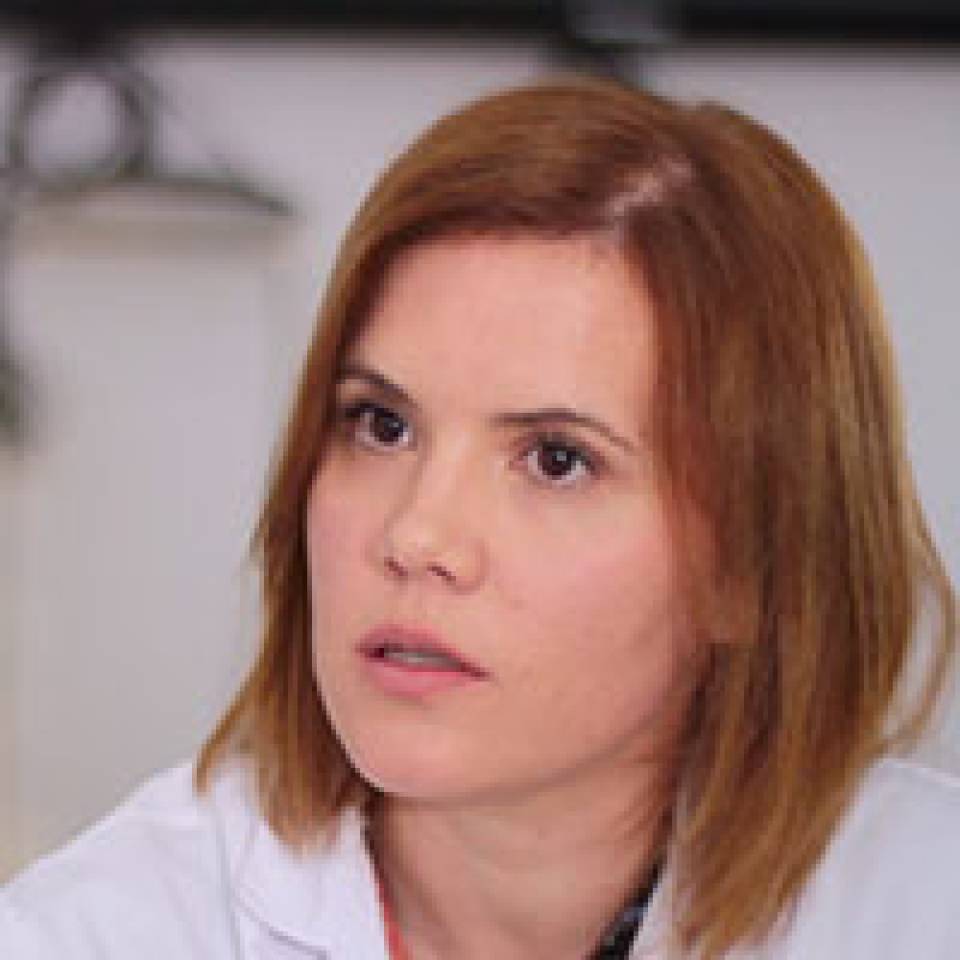
Vanessa Vilas
Clinical Psychologist
Psychiatry and Clinical Psychology Department

Álvaro Urbano Ispizua
Hematologist
Hematology Department
Published: 12 November 2018
Updated: 20 November 2018
The donations that can be done through this webpage are exclusively for the benefit of Hospital Clínic of Barcelona through Fundació Clínic per a la Recerca Biomèdica and not for BBVA Foundation, entity that collaborates with the project of PortalClínic.
Subscribe
Receive the latest updates related to this content.
Thank you for subscribing!
If this is the first time you subscribe you will receive a confirmation email, check your inbox
An error occurred and we were unable to send your data, please try again later.
